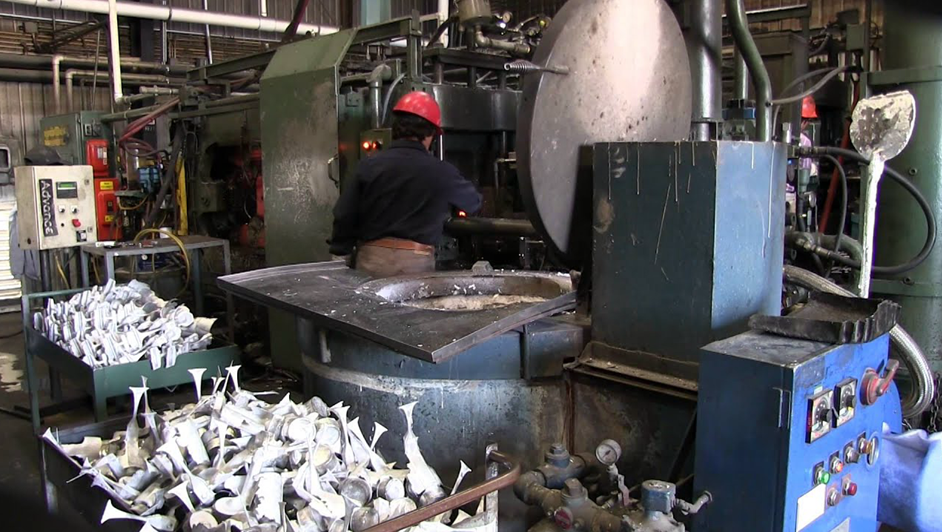Introduction
Aluminium machines are widely used in various industries such as automotive, construction, aerospace, and packaging. These machines play a crucial role in the manufacturing process of aluminium products. To ensure their optimal performance and longevity, proper maintenance is essential. This article will discuss the importance of aluminium machine maintenance and provide practical tips to ensure their efficient operation.
Importance of Aluminium Machine Maintenance
Regular maintenance of aluminium machines offers numerous benefits, including:
1. Enhanced Performance: Proper maintenance helps to improve the performance of aluminium machines. Regular inspections and servicing can identify any potential issues or malfunctions that may hamper their efficiency. By addressing these problems promptly, operators can ensure that the machines operate at their peak performance, resulting in higher productivity and better-quality aluminium products.
2. Cost Savings: Neglecting maintenance can lead to costly breakdowns and repairs. By implementing a proactive maintenance plan, operators can prevent major malfunctions and breakdowns, minimizing downtime and repair expenses. The cost of routine maintenance is significantly lower than the cost of replacing a damaged machine or repairing a major breakdown.
3. Safety: Aluminium machines can be potentially hazardous if not properly maintained. Regular inspections and maintenance ensure that all safety features are working correctly, reducing the risk of accidents or injuries to operators. It is essential to prioritize the safety of workers by adhering to maintenance schedules and addressing any safety concerns promptly.
Practical Tips for Aluminium Machine Maintenance
To ensure optimal performance and longevity of aluminium machines, the following maintenance practices should be implemented:
1. Regular Cleaning: Aluminium machines should be cleaned regularly to remove dirt, dust, and other debris. Accumulated dirt can affect the machine’s performance and cause premature wear and tear. Clean the machine’s surfaces, components, and filters using appropriate cleaning agents and tools. Ensure that the machine is powered off and disconnected before cleaning to avoid any accidents.
2. Lubrication: Proper lubrication is crucial to prevent friction and wear on moving components. Check the machine’s lubrication points regularly, and apply the recommended lubricant as per the manufacture’s guidelines. Over-lubrication can be harmful, so it is essential to follow the recommended lubrication intervals and quantities.
3. Inspection and Repair: Regular inspections should be conducted to identify any signs of wear, damage, or malfunctioning parts. Inspect belts, gears, motors, electrical connections, and other components for any abnormalities. Address any issues promptly, either by repairing or replacing the faulty parts. Keep a record of inspections and repairs to track the machine’s performance and identify recurring problems.

4. Calibration: Calibrate the aluminium machine regularly to ensure accurate and precise operation. Use calibrated measuring tools to verify the machine’s performance and adjust any deviations as required. Improper calibration can lead to faulty products or inaccurate measurements, affecting the overall quality of aluminium manufactured.
5. Training and Education: Provide training to operators and maintenance staff on proper machine operation and maintenance procedures. Educate them about potential risks, safety measures, and the importance of regular maintenance. Well-informed operators can identify early signs of trouble and report them to the maintenance team promptly.
Conclusion
Regular maintenance is imperative for maintaining the optimal performance and longevity of aluminium machines. By implementing a proactive maintenance plan, industries can enhance machine performance, minimize downtime, and ensure the safety of operators. Following practical tips like regular cleaning, lubrication, inspection, calibration, and providing training can significantly contribute to the efficient operation of aluminium machines. Remember, a well-maintained machine is a productive machine.
-

- منتجات مسبك مخصصة أجزاء صب يموت عالية الدقة للإطار المتكامل للدراجة الإلكترونية
-

- CNC machined parts & components
-

- عالية الدقة مكونات thixomolding المغنيسيوم غطاء الطائرات بدون طيار
-

- غطاء محرك السيارة الكهربائية المصبوب من سبائك المغنيسيوم في المنتصف
-

- أجزاء مسبك سبائك المغنيسيوم إطار دراجة التصنيع باستخدام الحاسب الآلي وتشطيب السطح
-

- CNC machined parts Steering bracket

 0086-750-5616188
0086-750-5616188 +86 13392089688
+86 13392089688 sales@zhongmei-tech.com
sales@zhongmei-tech.com







